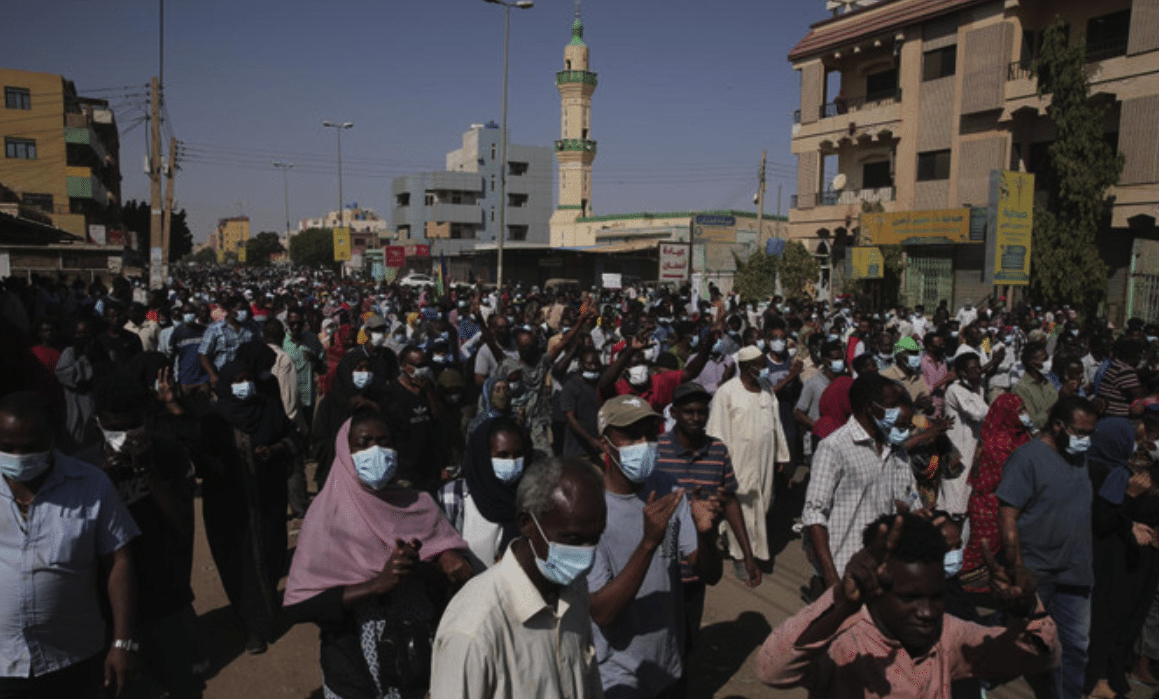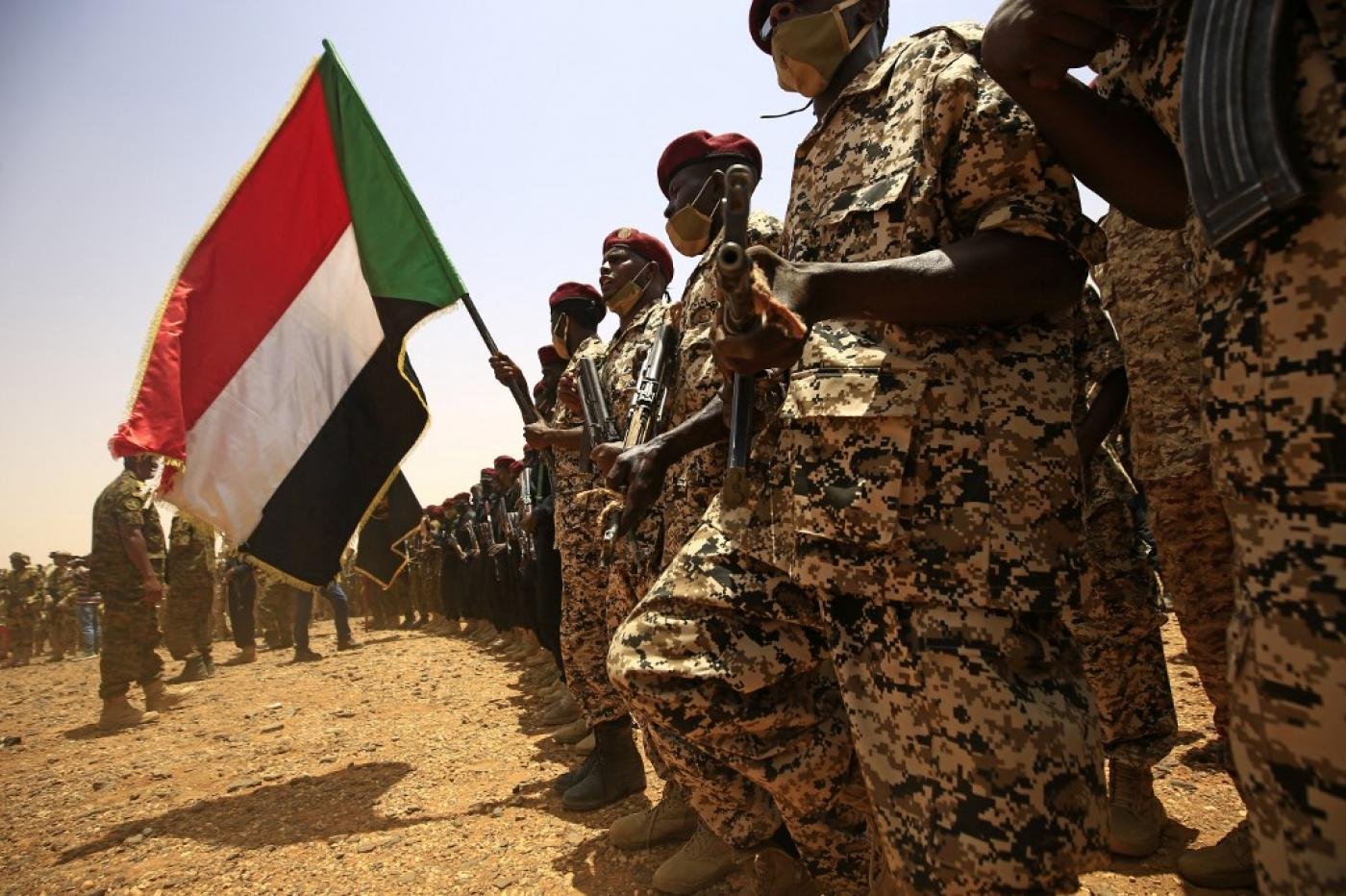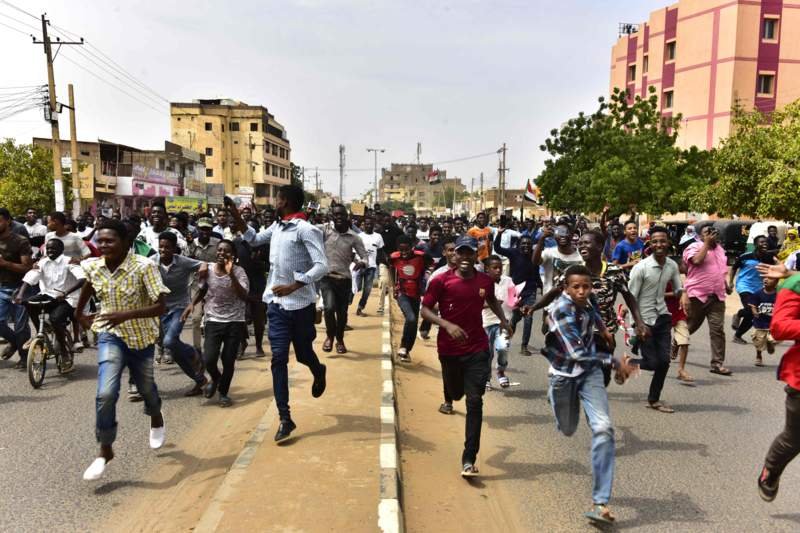Ousted Sudanese President Omar al-Bashir will stand trial soon on corruption charges, while 41 former officials from his government are being investigated for suspected graft, the chief prosecutor said on Saturday.
Bashir’s trial will be a test of how serious the country’s transitional military council is about trying to erase the legacy of Bashir, ousted in April after 30 years of autocratic rule that saw South Sudan secede and the economy deteriorate.
Chief prosecutor Alwaleed Sayed Ahmed Mahmoud said the former president would be referred for trial after a one-week period for objections expires.
“Forty-one criminal cases have been opened against symbols of the former regime, and measures to capture and investigate will completed next week,” he added in a news conference in Khartoum, without giving further details.
Separately, a committee set up by the military council to investigate a deadly crackdown on a sit-in protest camp in central Khartoum earlier in June found that several officers were responsible.
The protest camp outside the Defence Ministry became a focal point for demonstrators demanding that the military hand over power to civilians.
WIDENING RIFT WITH PROTESTERS
Dozens of people were killed in the operation to disperse the protesters. The violence has led to a widening rift between them and the ruling military council, raising fears that the country could descend into chaos.
The military council had said the dispersal of the protest camp came about when a campaign against criminals using an area next to the sit-in strayed from its course, and it added that two separate teams would investigate the crackdown.
“The committee concluded that a number of officers with various ranks were responsible for clearing the protest site,” the military investigative committee said in a statement read out on state TV, adding that the officers were not part of the force assigned to deal with the criminals.
The statement gave no details on the fate of the officers, but a military council spokesman on Thursday said that some of them were in custody.
An alliance of protesters have rejected the state-sponsored investigation and demanded an independent probe.
Responding to reports that he had been consulted on the dispersal of the protest site, Mahmoud said that he had attended a meeting with military heads to discuss judicial supervision of a plan to clear the area used by criminals, but that the idea of dispersing the camp had not been discussed.
He said he agreed for police to launch the operation in what is locally known as “Columbia”, provided that it be carried out under supervision of the state prosecutor’s office and without using live ammunition.
Opposition-linked medics have said 118 people were killed in the crackdown, while the military council has put the toll at 61.
Bashir’s ouster followed months of protests that erupted in December over cash shortages and rising bread prices. Dozens of people were killed in the mostly peaceful demonstrations.
Earlier this week, the prosecutor’s office said it had completed an investigation into the former leader and charged him with offences related to “suspected illicit wealth and emergency orders.”
A judicial source said in April that military intelligence had searched Bashir’s home and found suitcases loaded with more than $351,000 and 6 million euros, as well as 5 million Sudanese pounds.
Bashir had already been charged with incitement and involvement in the killing of protesters, and prosecutors have also ordered that he be questioned on suspicion of money laundering and terrorism financing.








